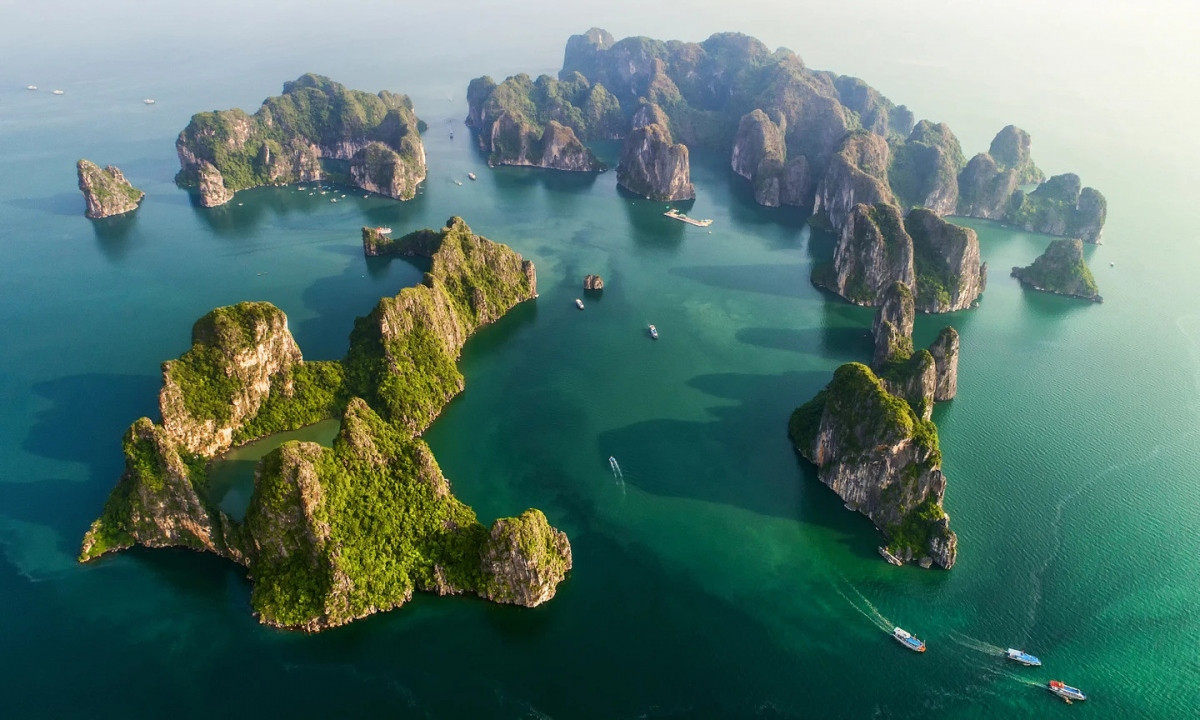
Although these limestone karst pillars aren’t unique to Vietnam, nowhere on Earth is their scale so dramatic, sprouting some 1,600 spines from the waters of the Gulf of Tonkin, birthing towering islands and islets which are out of bounds to all but the native seabirds that have made them home, the article writes.
Hoi An Ancient City ranks sixth in the list. The central city was once a thriving port town and home to merchants from across Asia, until the Thu Bon River silted up some 200 years ago and traders were forced to move elsewhere.
Reminders of Hoi An’s multi-cultural past can be found in its French-style buildings, Chinese Quarter, and dainty Japanese-style covered bridge. The Chinese influence is particularly visible in the city’s assembly halls, with each being built according to the home province of its settlers, the magazine explains.
Moving down the list, ninth position went to Phong Nha-Ke Bang National Park. The park was recognised by UNESCO long before Son Doong cave was discovered, a five km-long cavern so big a skyscraper could fit inside which is the world’s largest cave.
The area was opened to tourism services in 2013, although guided trips into its gaping limestone maw are still in their infancy. More caves are being found all the time, with the glistening underground stalagmite field of newly-discovered Hang Va becoming the latest to receive tours, according to travel magazine Wanderlust.
Other sites to make the list include Singapore Botanic Gardens in Singapore, Luang Prabang in Laos, Gunung Mulu National Park in Malaysia, and Sukhothai and Associated Historic Towns in Thailand.
Packed full of wild parks, natural wonders, and ancient temples, it’s amazing that Southeast Asia boasts a total of 41 UNESCO world heritage sites.
Wanderlust picked their favourite places in the region and have recommended them as great destinations for tours.
Source: VOV